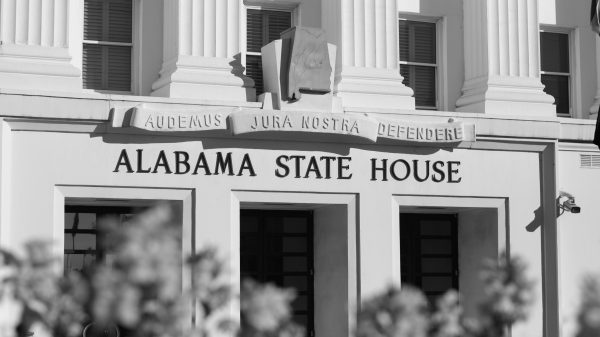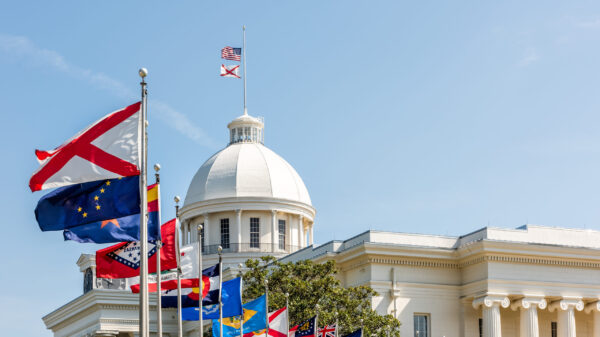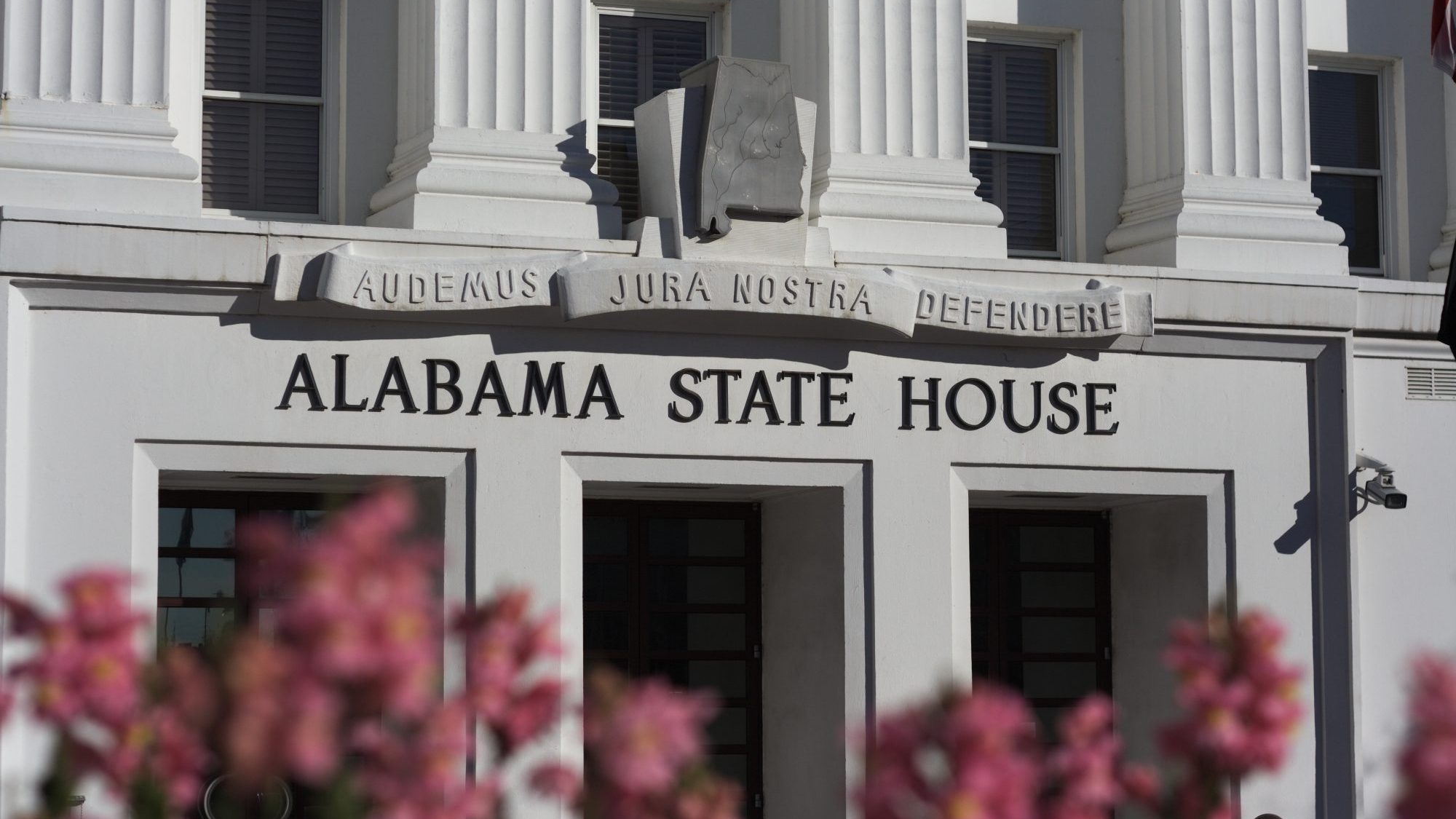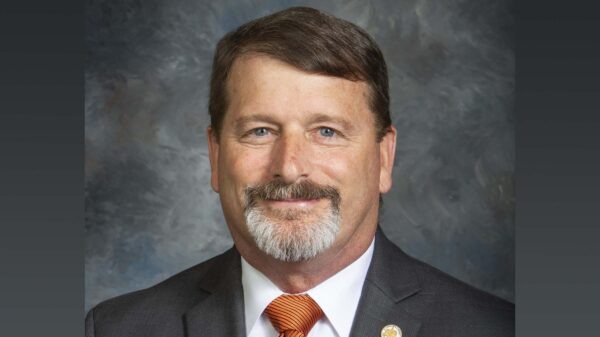The bill that allows local school systems to tap the Education Advancement and Technology Fund for improvements to school security passed the House on the last Legislative day.
Senate Bill 323 was intended to allow local school systems to top the Education Advancement and Technology Fund for improvements in school security, but Alabama Gov. Kay Ivey vetoed the bill and sent it back to the Legislature with an executive amendment allowing the Governor to lend funds to schools that have been impacted by natural disasters. The House voted to concur on the last day of the session.
SB323 sponsored by State Senator Trip Pittman, R-Montrose, and carried in the House by State Representative Bill Poole, R-Tuscaloosa.
Under current law, the fund can be used for repairs, insurance, technology and transportation. Under the Rolling Reserve Act, money is earmarked for the School Stabilization Fund. Once that amount has been reached, the overage goes to the Education Advancement and Technology Fund. That money is then redistributed to the school systems for the approved purposes on a per capita basis.
Poole said the bill would allow school systems to use the money for security cameras, making entrances more secure, such as metal detectors and other nonrecurring uses related to security. “Any tool we can add to the toolboxes that schools have to keep the premises safe is critical.”
When the bill was on the floor for passage, state Rep. Koven Brown, R-Jacksonville, offered an amendment to allow school systems to borrow from the stabilization fund in case of a disaster. They would have to pay the money back within two years and would lose their Education Advancement and Technology Fund money if they did not pay it back.
Poole called this a “bridge loan” to be used by a disaster-impacted school system between the time of the disaster and when insurance finally paid. Poole said that the state requires that all school systems carry insurance to avoid some of the financial disasters that natural disasters like the Enterprise High School tornado event caused in the past.
Poole said that total money available for loans would be limited to just ten percent of the stabilization fund per disaster and 20 percent in the event that there were multiple natural disasters. Poole said that schools who do not pay all of the money back within two years will be charged 8 percent interest.
The governor will be responsible for certifying that there has been a natural disaster, that repairs are needed and for authorizing the comptroller to release the funds. K-12 schools, two-year colleges, state colleges and universities, including Tuskegee University, would all be protected under this amendment.
Several legislators expressed concerns that allowing schools to borrow money from the stabilization fund would defeat the purpose of the Rolling Reserve Act.
State Rep. Danny Garrett, R-Trussville, said then, “This is a noble concept; but it is a dangerous concept to start disturbing the Rolling Reserve and it is an administrative nightmare to manage.”
Brown withdrew his amendment in the face of the opposition. Brown represents Jacksonville, which was hit hard by a tornado. Jacksonville State University was particularly hard hit.
Apparently the governor liked Brown’s amendment so much that she added it back to the bill when it got to the governor’s office.
Senate Pro Tem Del Marsh, R-Anniston, also represents Jacksonville and he recommended that the Senate concur with Ivey. The Senate concurred with Ivey’s amendment.
The Senate did not wait for the House to get through with their work before they voted to sine die; so by the time the House of Representatives got around to addressing the bill, the Senate had voted to sine die and the House was left with the option only of concurring with the governor or letting the whole bill die.
Poole recommended that the House vote to concur, which they did.






















































